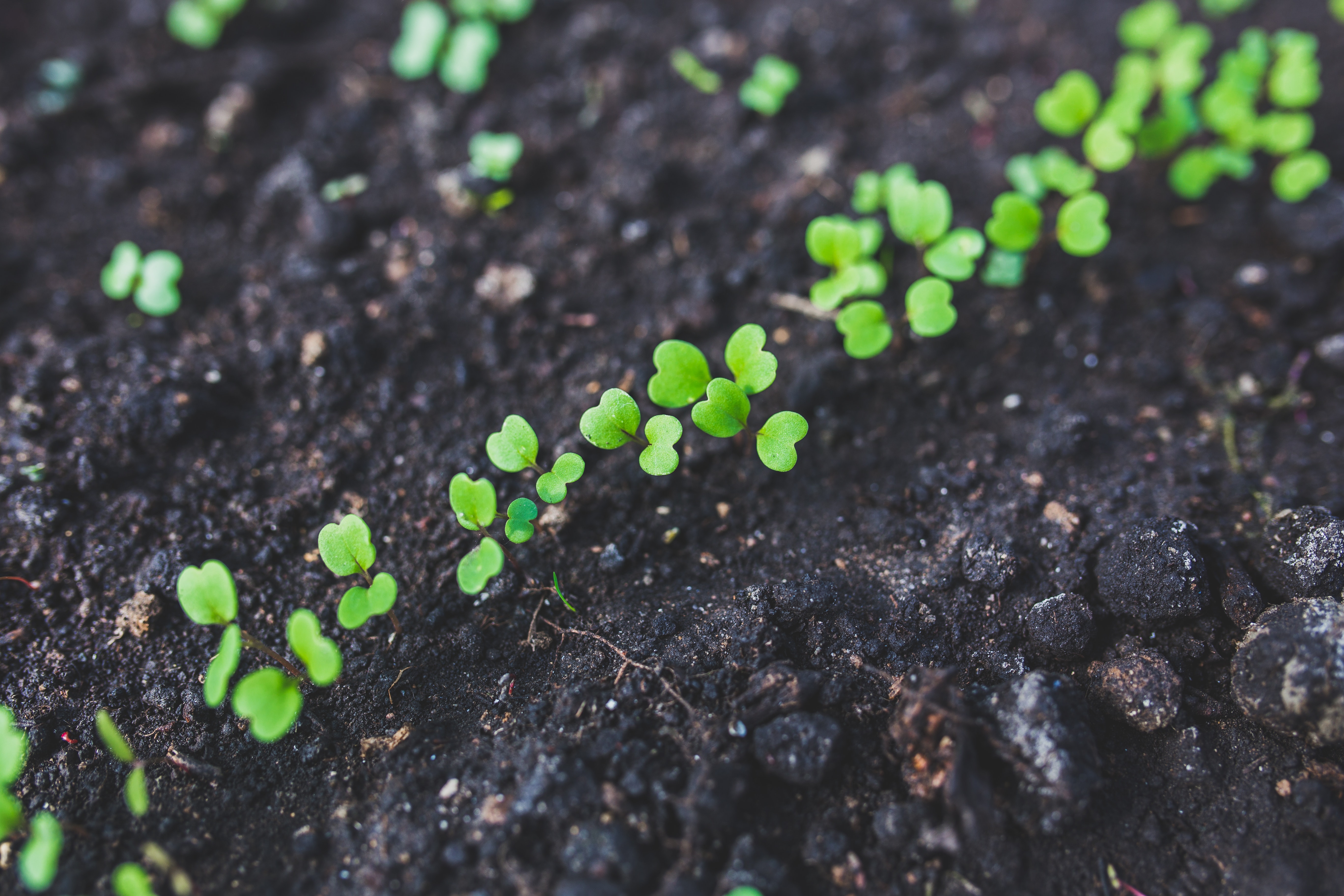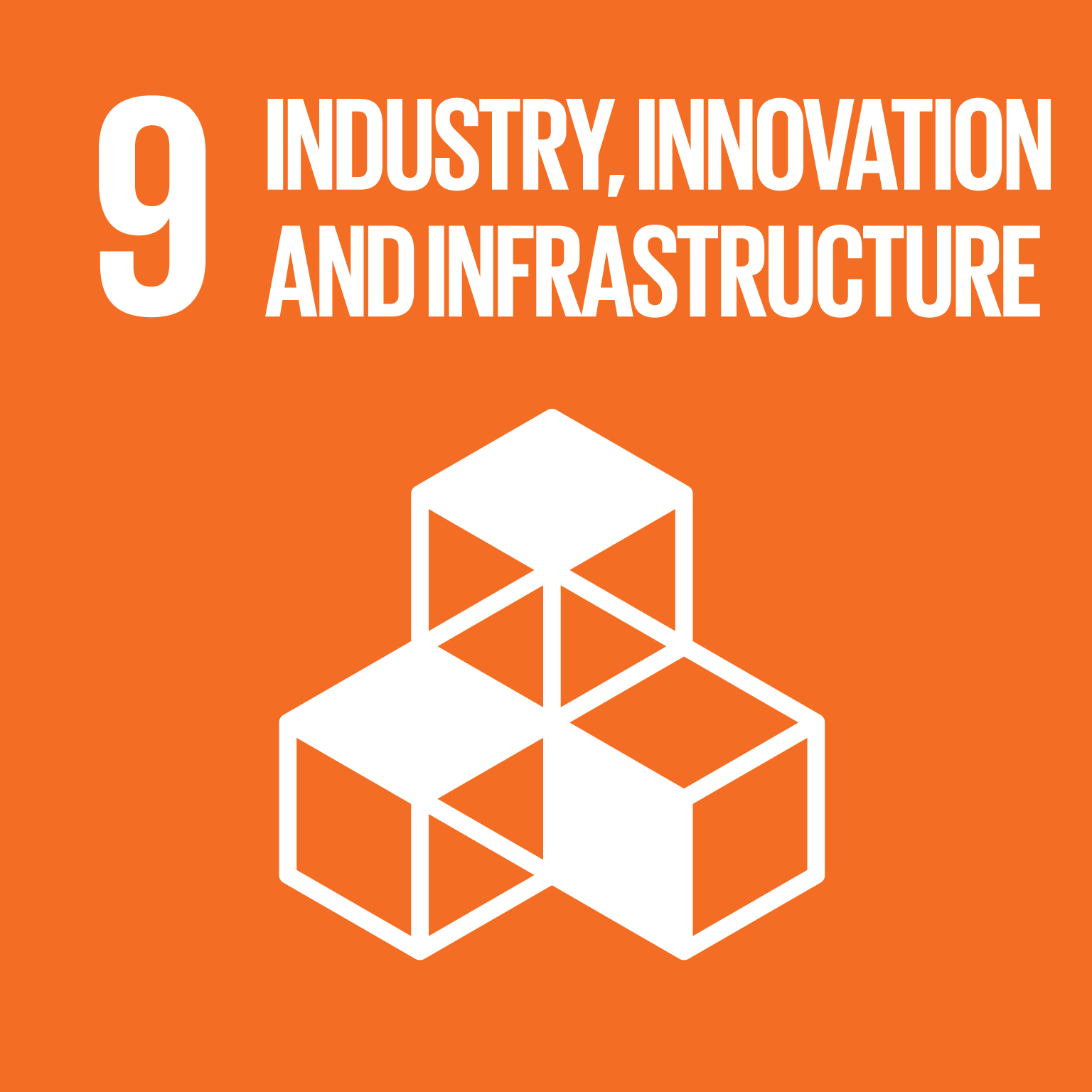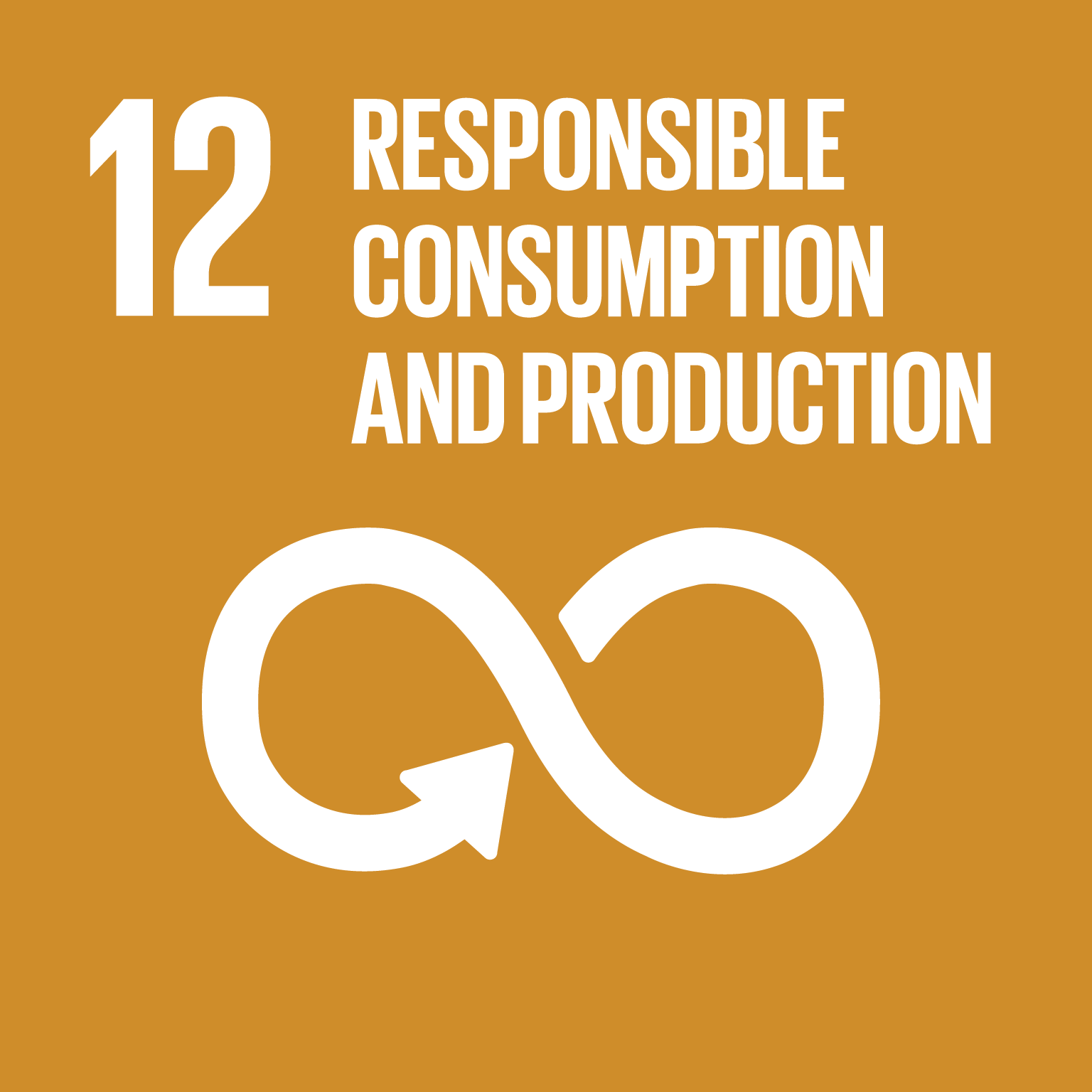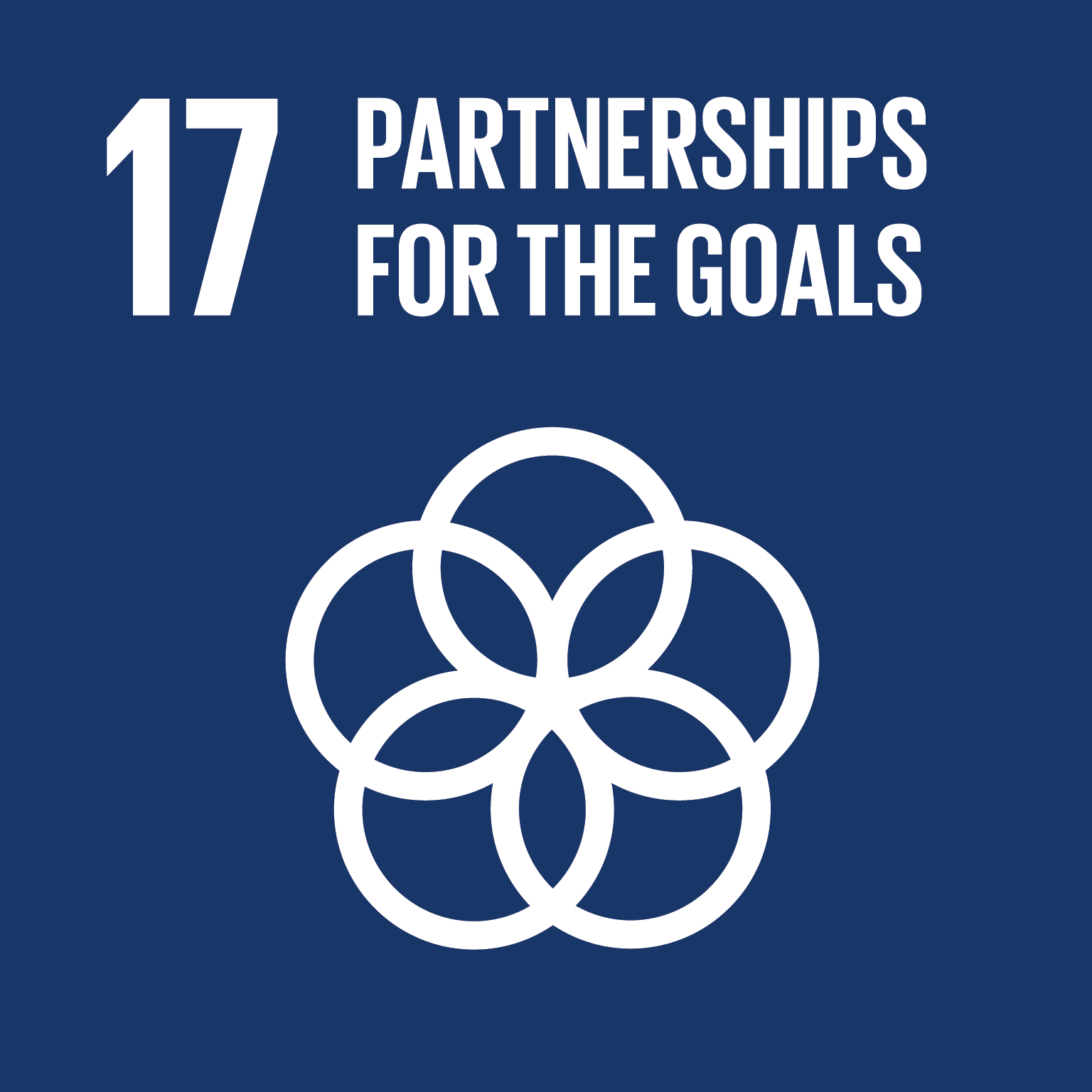This project aims to help address the pressing issue of biosolid management in contemporary waste water treatment by developing a disruptive pyrolysis technology that turns otherwise-polluting biosolid waste into multiple smart carbon materials of far-reaching social, environmental and economic benefits.
Tackling the serious shortcomings of current technologies, the proposed pyrolysis process will provide an innovative; low-cost; and low-emission solution.
Project timeline: 2018 - 2020
Key contributors:
- Kalpit Shah
- Sazal Kundu
- Srinivasan Madapusi
- Jorge Paz-Ferreiro
- Lauren Rickards
- Gregory Griffin
- Aravind Surapaneni (South East Water)

This project addresses the following Sustainable Development Goals and Targets:
Target 9.4 By 2030, upgrade infrastructure and retrofit industries to make them sustainable, with increased resource-use efficiency and greater adoption of clean and environmentally sound technologies and industrial processes, with all countries taking action in accordance with their respective capabilities
Target 9.5 Enhance scientific research, upgrade the technological capabilities of industrial sectors in all countries, in particular developing countries, including, by 2030, encouraging innovation and substantially increasing the number of research and development workers per 1 million people and public and private research and development spending
Target 12.4 By 2020, achieve the environmentally sound management of chemicals and all wastes throughout their life cycle, in accordance with agreed international frameworks, and significantly reduce their release to air, water and soil in order to minimize their adverse impacts on human health and the environment
Target 12.5 By 2030, substantially reduce waste generation through prevention, reduction, recycling and reuse
Target 17.16 Enhance the Global Partnership for Sustainable Development, complemented by multi-stakeholder partnerships that mobilize and share knowledge, expertise, technology and financial resources, to support the achievement of the Sustainable Development Goals in all countries, in particular developing countries

Get in touch
For more information or to discuss partnership and collaboration opportunities, email us at SDGs@rmit.edu.au.
For more information about RMIT’s sustainability commitments and activities visit www.rmit.edu.au/sustainability


